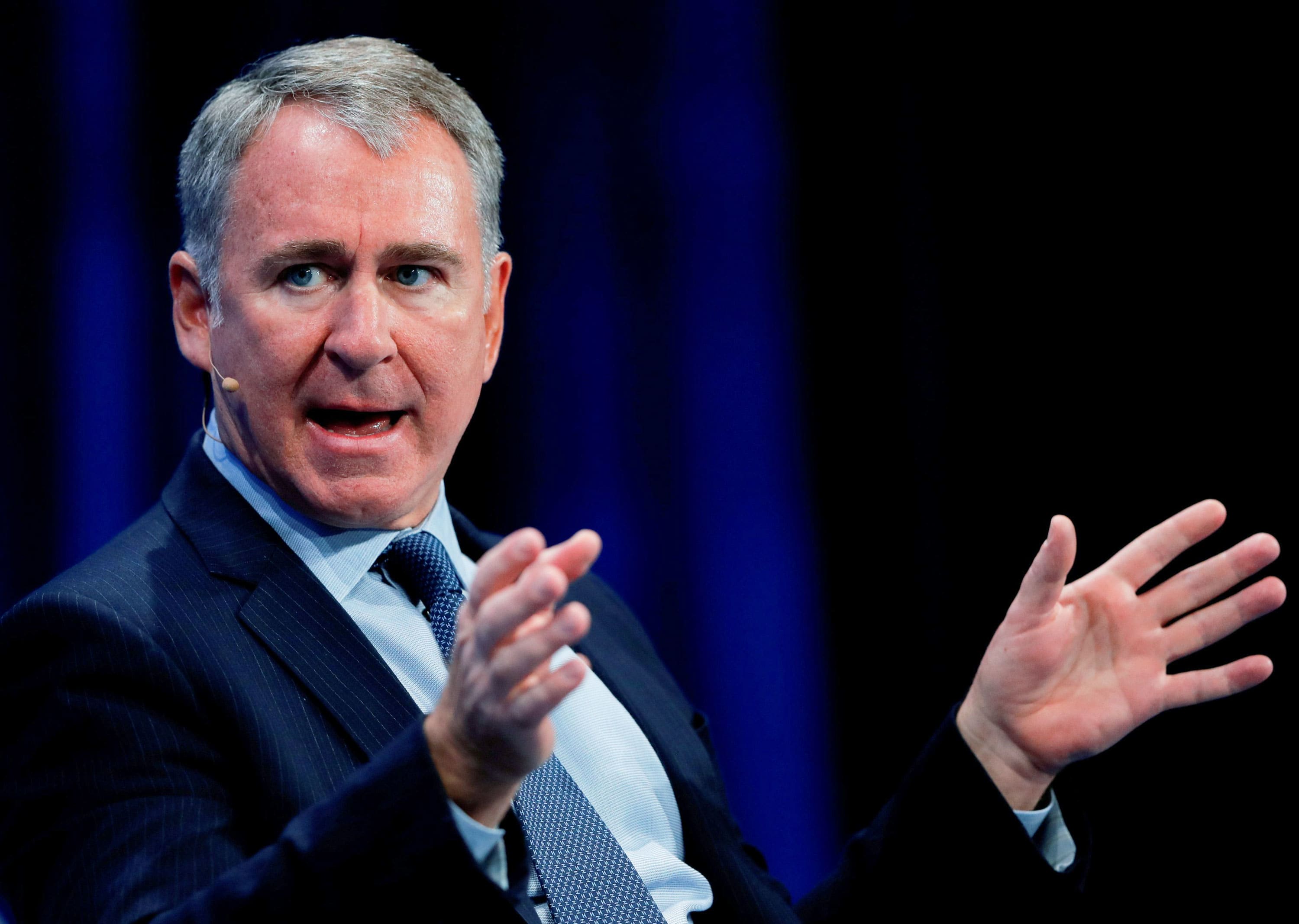Citadel CEO Ken Griffin dismissed the idea that the firm improperly uses information it garners from its market-making operation as it comes under scrutiny from Congress about its role in the GameStop mania last month.
“I think there’s been a number of misperceptions about the data we receive from the brokerage community. In fact, a prominent U.S. Senator asked us specifically about what personal identifying information do we receive from retail investors. The answer is none,” Griffin told CNBC’s Andrew Ross Sorkin on CNBC’s “Squawk Box” Friday.
Market makers, such as Citadel Securities, pay e-brokers like Robinhood for the right to execute customer trades. The broker is then paid a small fee by the market makers for the shares that are routed, which can add up to millions when customers trade actively. Robinhood received more than than $221 million in “payment for order flow” in the fourth quarter of 2020.
However, market makers have come under scrutiny, especially in the context of the GameStop trading turmoil, about the information they are able to garner from the flows of retail clients. In some cases, critics speculate how Citadel, which runs hedge fund and market-making operations as separate business units, could use that information.
“This conspiracy theory that we some how or another are like some of the big tech giants that have access to personal identifying information is just flat out false,” said Griffin. “We have a price, quantity, a limit. That’s what comes to us in an order from a retail broker.”
Citadel Securities executes roughly 40% of all retail volume, Griffin told the House Financial Services Committee on Thursday during the GameStop hearing.
“We receive an order and as the party that has to execute that order what we look at at the moment of receipt is what are the various options that we have to achieve the very best execution for that order,” said Griffin. “We are not permitted to trade in front of that order, any execution that we can achieve in the context of the market for fulfilling that order we must provide back to the retail investor, sometimes even with our pricing improvement that we add on at the moment of execution.”
Griffin, along with the CEOs of Robinhood, Reddit and Melvin Capital, were pressed by members of the House on Thursday regarding last month’s epic short squeeze in GameStop’s stock.
The Citadel chief defended a controversial method brokerages use to make money, payment for order flow, and said his firm would adapt if new regulations prohibited the practice. Robinhood and other brokers rely on payment for order flow as their profit engine in lieu of commissions.
Griffin was also pressed about the relationship between Citadel Securities and Citadel the hedge fund, which injected $3 billion into Melvin Capital once the hedge fund took major losses from shorting GameStop. However, Griffin repeatedly denied the firm had anything to do with Robinhood’s decision to restrict trading in GameStop. Robinhood has said that move was done so it could meet capital requirements from its clearing firm.
Subscribe to CNBC PRO for exclusive insights and analysis, and live business day programming from around the world.
